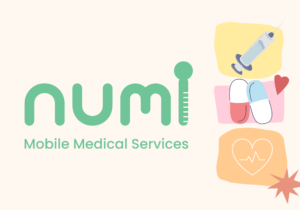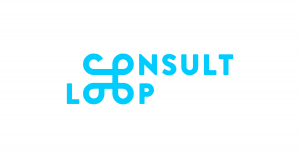
One thing I’ve learned in my experience as an entrepreneur is that product thinking can apply in lots of different intersecting angles. Things that a company builds are products. People, and how they position themselves in the things they do, are their own products. Ideas and cultural paradigms are products. They’re all proposals on how an objective can be achieved faster, better, cheaper and less riskier than before.
In the startup world, especially where technical products are concerned, no cultural force of ideas has had as much impact as the notion of The Lean Startup. Eric Ries’ treatise on the notion that assumptions about markets, customer problems, buying habits and competition are always in need of real-world validation changed the way that we build products and companies. We now understand that a proxy for the likelihood of success of an innovation is how quickly that idea has been tested in the hands of actual customers. We have to be solving real problems.
The Lean Startup itself has grown and evolved as the market of entrepreneurs have tested and provided feedback on it. Hard to believe that the book, based on Eric’s experiences as CTO of IMVU, was first published nearly a decade ago. That said, two questions have emerged in the innovation community around the Lean methodology that continues to be repeated. It was a treat to attend TechCrunch Disrupt San Francisco a couple weeks ago to see Eric speak live and address these questions head-on.
1. Is Lean applicable beyond the consumer web startup?
First, is the Lean Startup really applicable only in the realm of Consumer web products built by startups? That was all the rage a decade ago. Lean has helped those web-focused companies increase productivity several-fold, to the degree that other types of organizations building other types of offerings took notice. There remains a perception that it’s not really for them, but Eric clarified in his talk that that’s absolutely not the case.
He recounted his experiences consulting with very large organizations, where Lean is applied on a distinct project basis, with empowered teams that can run market experiments within their full control, then integrating back with the rest of the organization. For organizations that take this process seriously, it can have valuable payoffs. What better way to prove assumptions and engage other departments in cross-functional initiatives than with real-world data?
2. Is Lean applicable when building riskier, regulated products?
Second, as technology innovation becomes an area of increasing focus in older, more established, and highly regulated industries that have been run “a certain way” for fifty, a hundred or more years, the question arises how Lean can possibly apply when the entire value chain isn’t digital and rapid iteration isn’t as easy as tweaking a line of HTML code. What if the risk of an incorrect product assumption isn’t limited to a photo not being posted or a banner not being clicked, but could affect someone’s personal finances, citizenship, or is even a case of life or death? Surely more analysis, levels of approval, thought and more thought, consideration and debate before releasing anything to the public is required, isn’t it?
Well, maybe. Eric offered a different perspective: if the consequences of commercializing a product based on flawed market and industry assumptions are more severe, shouldn’t experimenting be even more important, to de-risk those assumptions? That makes sense to me. We need to reduce the waste, improve the “innovation accounting”, as he calls it, of delivering positive change in industries such as healthcare.
What it means for us
It was incredibly inspiring to hear him talk, and to see that his enthusiasm for improving the innovation process, for all kinds of organizations, has not waned one little bit. In fact, there was a renewed urgency in his tone on the importance of ensuring that industries such as healthcare can take advantage of Lean principles, thereby proving and adopting technology innovations faster.
This is a strong parallel to what we do at MedStack. The way we enable small app companies that are focused on singular, point improvements is very much a parallel to an “innovation project” at a health system or payer. These companies are constantly iterating their product offerings and positioning based on the feedback they receive from every sales engagement. This fits well with Eric’s model for how Lean needs to be applied in large regulated enterprises. And the desperate need for innovation we see in these organizations reflects the need to accelerate experiments and ensure that change can be implemented quickly but intelligently, the reason why Lean product development is required in these environments, as well.
There’s never been a better time than now to drive change in healthcare innovation thinking. Eric did mention healthcare by name in his talk. It’s easy to see why. It’s a rallying call.
“The big question of our time is not ‘Can it be built?’ but ‘Should it be built?’ This places us in an unusual historical moment: our future prosperity depends on the quality of our collective imaginations.”




